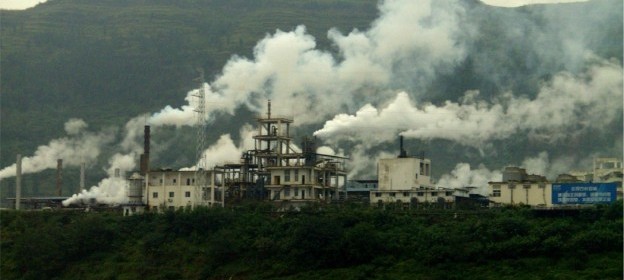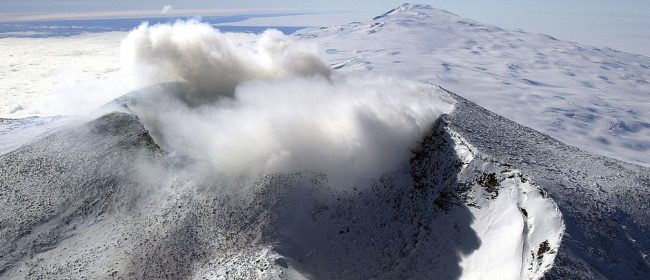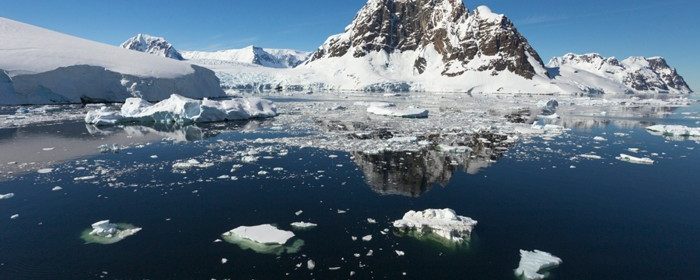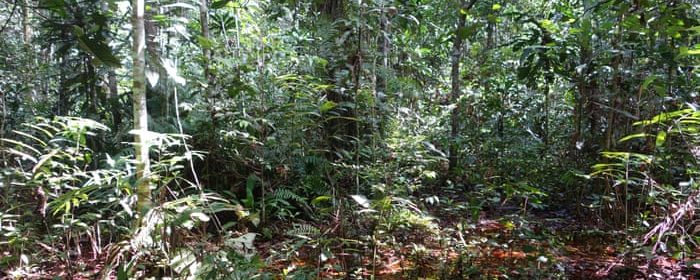Tropical groundwater resources resilient to climate change
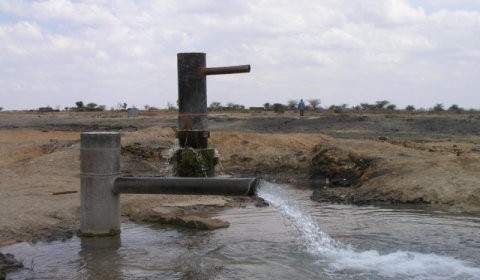
Tropical groundwater may prove to be a climate-resilient source of freshwater in the tropics as intense rainfall favours the replenishment of these resources, according to a new study published in Environmental Research Letters. As climate observations show that global warming leads to fewer but more intense rainfalls, a clearer understanding of how these sources are replenished is crucial for developing […]
Read more
